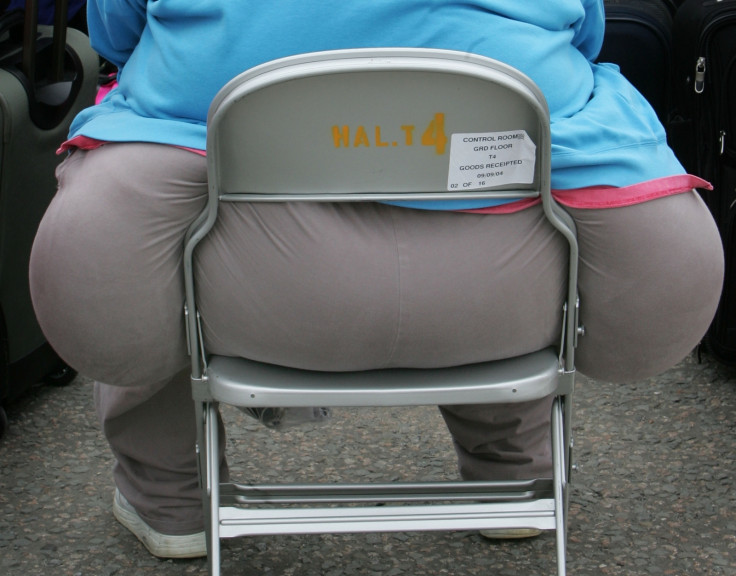Ads for junk food to be banned on British TV before 9pm
PM Boris Johnson sets plans to ban junk food adverts on TV before 9pm as part of anti-obesity campaign.
Next week, Prime Minister Boris Johnson is set to announce his intent to ban television advertisements for junk food before 9pm. This move is part of his ongoing war against obesity after his rather alarming tangle with the coronavirus a few months ago.
Although measures are yet to be discussed and decided on, retail and advertising executives have been given a peek into plans of removing TV ads for junk food such as burgers, sugary products and other unhealthy food as well as the possibility of implementing the same with online ads and limits on buy-1-get-1-free promotions in supermarkets.
Not everyone is happy about this plan as concerned advertisers expressed their fear and confusion over this. In an interview with Times Radio, Stephen Woodford, chief executive of the Advertising Association said the UK has "the strictest rules in the world on advertising high fat and salty food."
In a letter from the Institute of Practitioners in Advertising, director general Paul Bainsfair mentioned that the 9pm watershed on salty food, high fat, high sugar food and drinks only has an impact of 1.7 calories per day from a child's typical daily diet.
He adds: "The introduction of such a draconian measure at this time could have deep repercussions for agencies and the advertising sector, generally, in terms of jobs and creative output, for very little end result."
However, there are big companies that do welcome some form of regulation. According to the Financial Times, Unilever chief executive Alan Jope said the company has already adopted new measures to stay in line with the Prime Minister's anti obesity campaign. This included stopping all TV and radio advertisements of food and beverages to children under 12, along with ceasing social media marketing to children under 13, as well as discontinuing their use of social media influencers who are under the age of 12.
With his earlier brush with death while confined in the ICU, the Prime Minister has since been given a warning about his weight and is now placed on a strict diet. This could have been the game changer for the Prime Minister's headstrong decision to curb obesity for the country. Studies have found that obesity coupled with diabetes plays a major risk factor in most patients infected with COVID-19 who usually end up requiring hospital treatment with lower chances of surviving it.

© Copyright IBTimes 2025. All rights reserved.





















